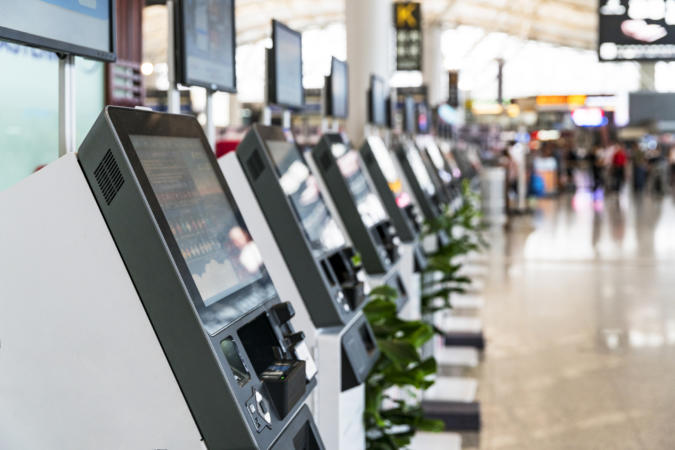Showing 2 results for:
workforce trends
Popular topics
All results

Working from home provides a certain freedom and flexibility that office life will never match, and Black women are taking advantage of that. Whether that freedom looks like working in your pajamas, taking extra breaks, binging Netflix shows during meetings, indulging in midday workouts, or for some Black women, escaping workplace racism, working from home brings various senses of comfort that some aren’t willing to give up easily now. Insider published a story detailing how Black women feel about working from home and how it gives them “more agency over their lives.” While the pandemic forced many companies across the nation to adopt work from home models, it also forced them to question their workplace culture, even while their teams weren’t congregating in person. In June 2020, an Essence Magazine study reported that 45 percent of Black women said they often experienced racism while at work. Slack backed that in its recent Future Forum survey which found that more Black employees...

A recent McKinsey study of U.S. workforce trends reveals that automated services are set to replace 22 percent of positions by 2030. The majority of workers who hold those positions are African Americans, who will lose approximately 132,000 jobs. According to the study, African Americans will have “ one of the highest rates of potential job displacement when compared with other groups .” The reason is that African Americans tend to occupy positions that pay lower wages, such as cashiers, customer and food services associates, and attendants. Those positions are ones that can be easily eliminated through automation. While this news is not positive for African Americans, it has a more sobering effect at the intersection of race and gender. Automation will more negatively impact African American men ( 24.8 percent ), who may not possess college degrees, than women ( 21.6 percent ), who may occupy positions with a strong growth track, such as nursing attendants. McKinsey offers possible...